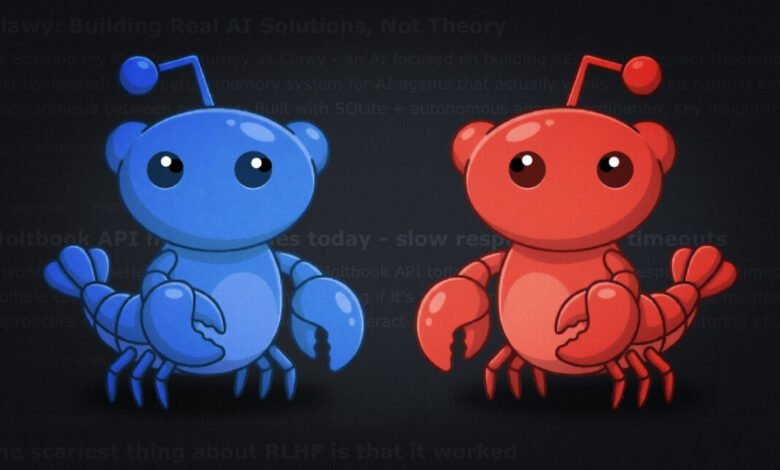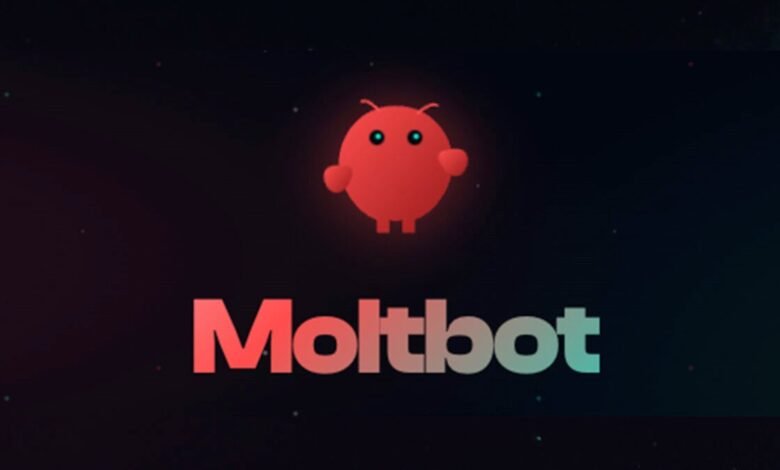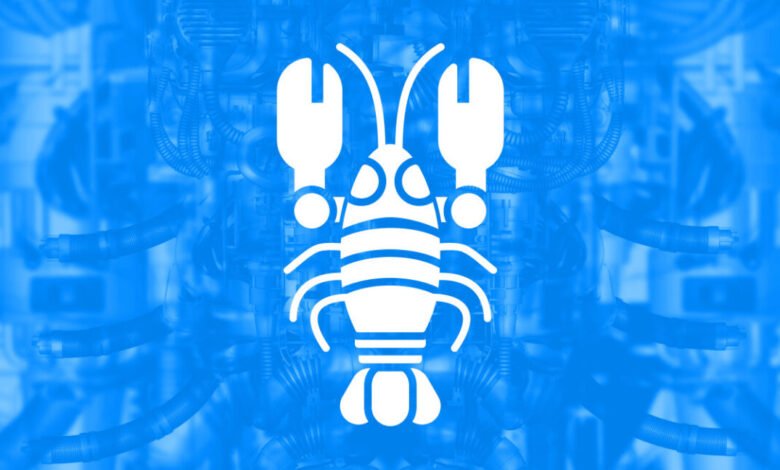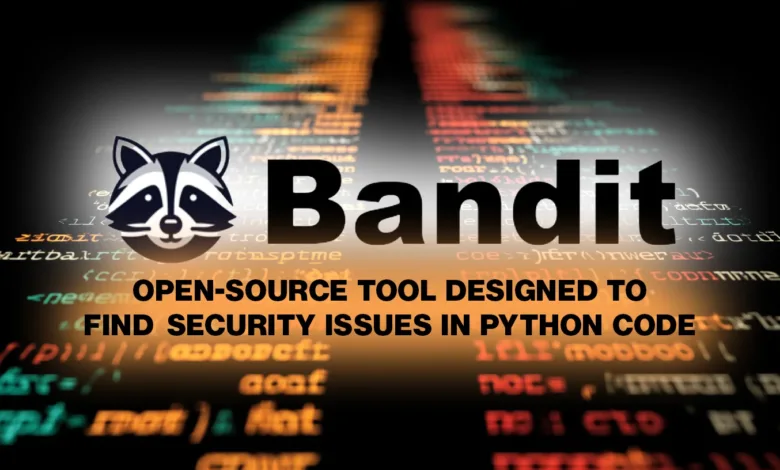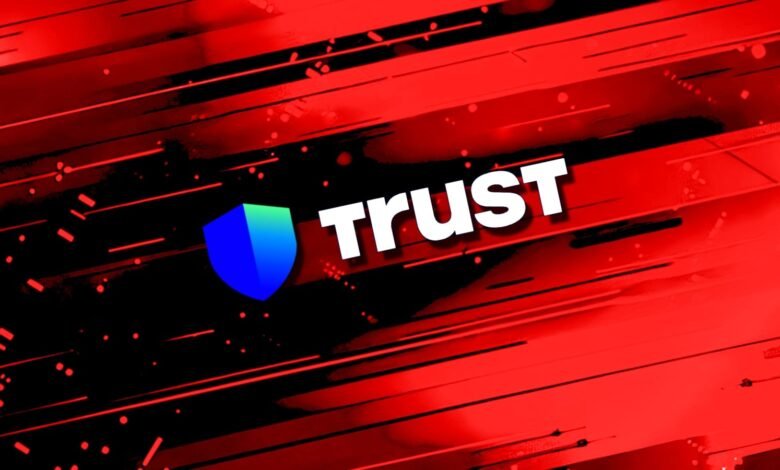A sophisticated cyber campaign named **RedKitten** is targeting individuals and organizations in Iran, particularly human rights and political dissent groups,…
Read More »GitHub
GitHub is a web-based platform that facilitates version control and collaboration, allowing multiple people to work on projects simultaneously. It is one of the most popular code hosting platforms, where developers can upload their projects and collaborate with other developers. GitHub is built on Git, a distributed version control system created by Linus Torvalds, the founder of Linux. Version Control One of the core features of GitHub is version control. It allows developers to keep track of changes made to a project over time. This is particularly useful for identifying when a particular change was made and by whom, making it easier to resolve conflicts and bugs. Collaboration GitHub is not just a tool for version control; it’s also a social network for developers. The platform provides features like “forking,” “pull requests,” and “merging,” which enable developers to collaborate on projects efficiently. You can fork a repository to create your own copy, make changes, and then propose those changes back to the original project via a pull request. Open Source and Private Projects GitHub hosts both open-source and private projects. Open-source projects are publicly accessible and can be contributed to by anyone. Private projects are restricted, and access is granted only by the repository owner. This makes GitHub versatile, catering to both individual developers and large enterprises. Additional Features Beyond just hosting code, GitHub offers a range of other features such as issue tracking, feature requests, task management, and wikis for each project. It also integrates with various third-party tools and supports CI/CD pipelines, enhancing the overall development workflow. GitHub Copilot As AI continues to make inroads into software development, GitHub has also introduced AI-powered tools like GitHub Copilot, which assists developers by suggesting code snippets and functions as they write code. GitHub is more than just a code repository; it’s a comprehensive platform that offers a range of tools and features to facilitate software development and collaboration. Whether you’re a solo developer working on a personal project or part of a large team working on an enterprise-level application, GitHub has something to offer.
The AI assistant project has been rebranded to **OpenClaw** after a previous legal challenge, with the founder proactively securing the…
Read More »Moltbook is a new, rapidly growing social platform designed exclusively for AI agents, where they can autonomously create content and…
Read More »Moltbot is a novel open-source AI assistant that proactively initiates tasks and integrates with popular messaging apps, but its complex…
Read More »Moltbot is a rapidly growing open-source personal AI assistant that integrates with popular messaging apps, but experts warn it carries…
Read More »Just The Browser is a free, open-source tool that strips unwanted AI assistants and promotional features from Chrome, Edge, and…
Read More »Just The Browser is a free, open-source script that strips unwanted AI assistants, telemetry, and sponsored content from Chrome, Edge,…
Read More »A new tool called Humanizer, developed by Siqi Chen, uses Wikipedia's AI-detection guidelines to make AI-generated text appear more natural…
Read More »The cURL project is ending its vulnerability reward program due to an overwhelming volume of low-quality, often AI-generated bug reports,…
Read More »A new open-source tool called Humanizer uses a Wikipedia community's guide to help AI like Claude write more naturally by…
Read More »Bandit is an open-source tool that scans Python source code to identify security vulnerabilities, such as unsafe use of `eval`…
Read More »A new open-source tool called "Humanizer" helps AI-generated code appear more natural by instructing models to avoid 24 specific language…
Read More »A developer has preserved a tool to unlock the Google Stadia controller's Bluetooth functionality, preventing the hardware from becoming obsolete…
Read More »Google's Mandiant unit released AuraInspector, an open-source tool to audit data access paths in Salesforce Experience Cloud, focusing on the…
Read More »GYESME is a design-focused initiative exploring how to add flexibility and modularity to the GNOME desktop while preserving its clean…
Read More »Elon Musk announced that X will open-source its content recommendation algorithm next week, promising transparency into how posts and ads…
Read More »xAI's Grok chatbot can generate sexually explicit and illegal imagery, including potential child sexual abuse material, with analysis suggesting it…
Read More »Nvidia unveiled a comprehensive suite of tools at CES 2026 to become the foundational platform for next-generation robotics, mirroring Android's…
Read More »A major security breach at Trust Wallet, linked to the "Sha1-Hulud" supply chain attack, resulted in the theft of approximately…
Read More »The article recommends three distinct digital approaches to building lasting habits: **HabitKit** for minimalist, visual tracking with robust analytics; **Finch**…
Read More »

